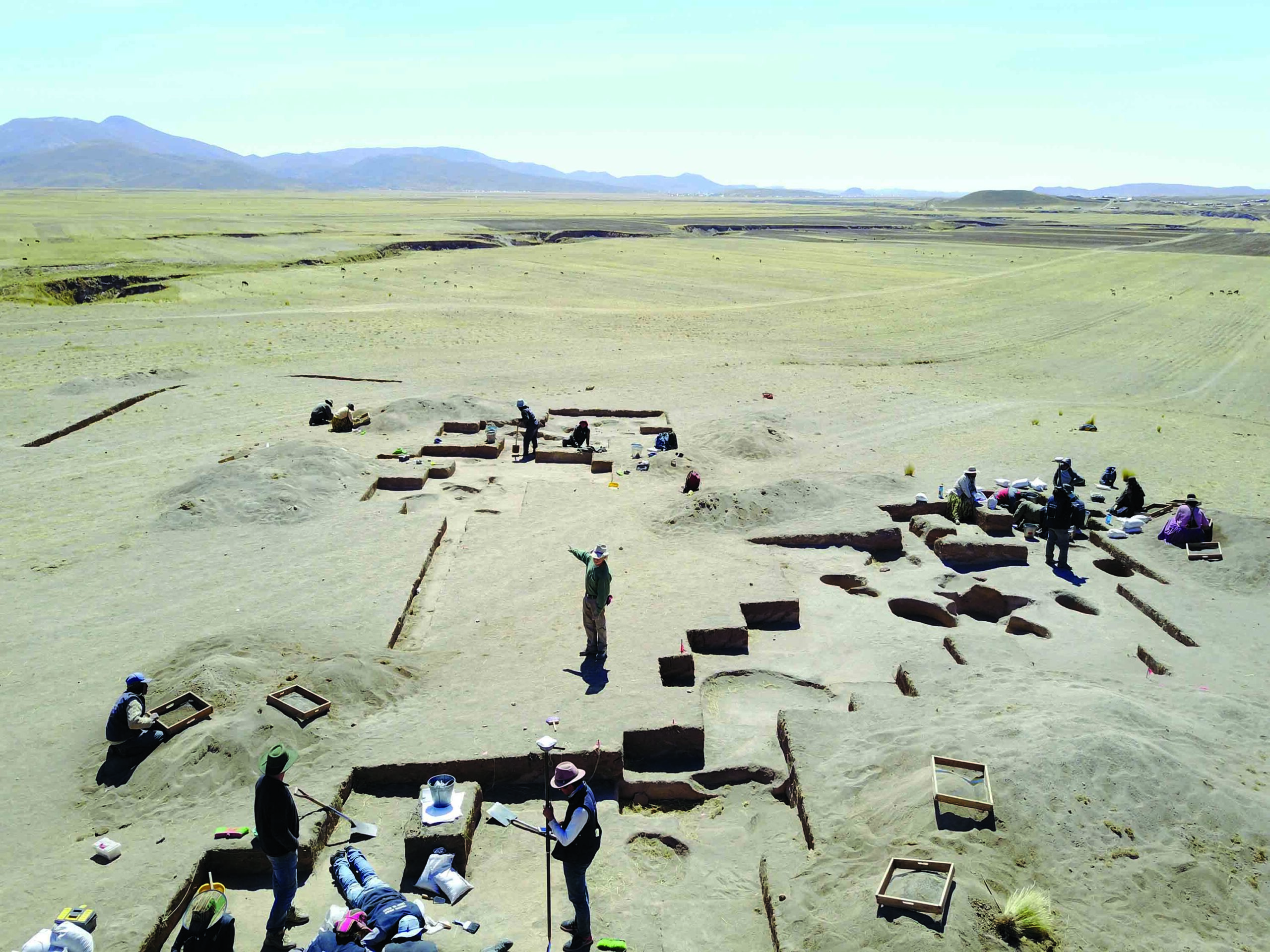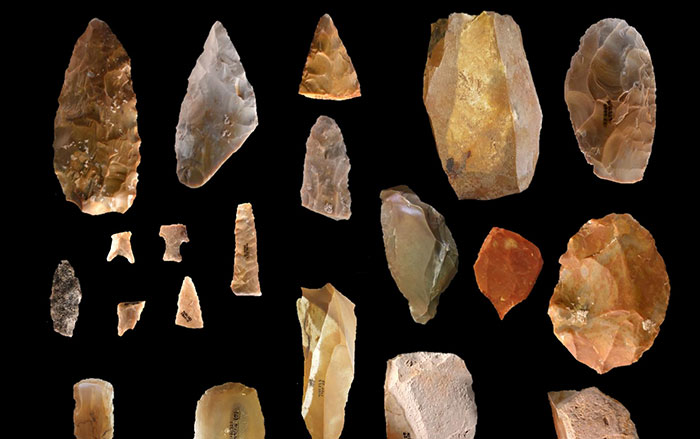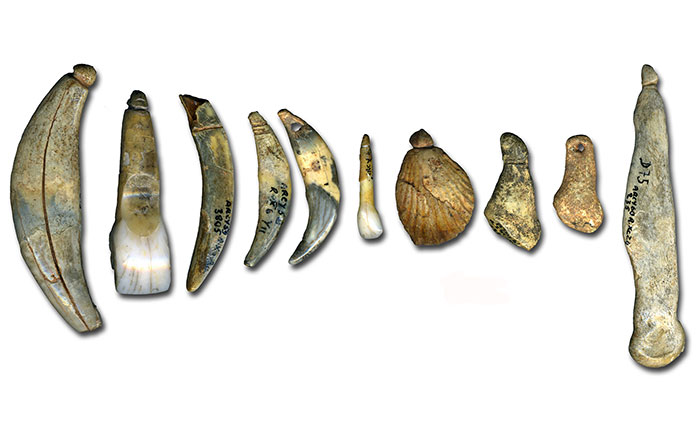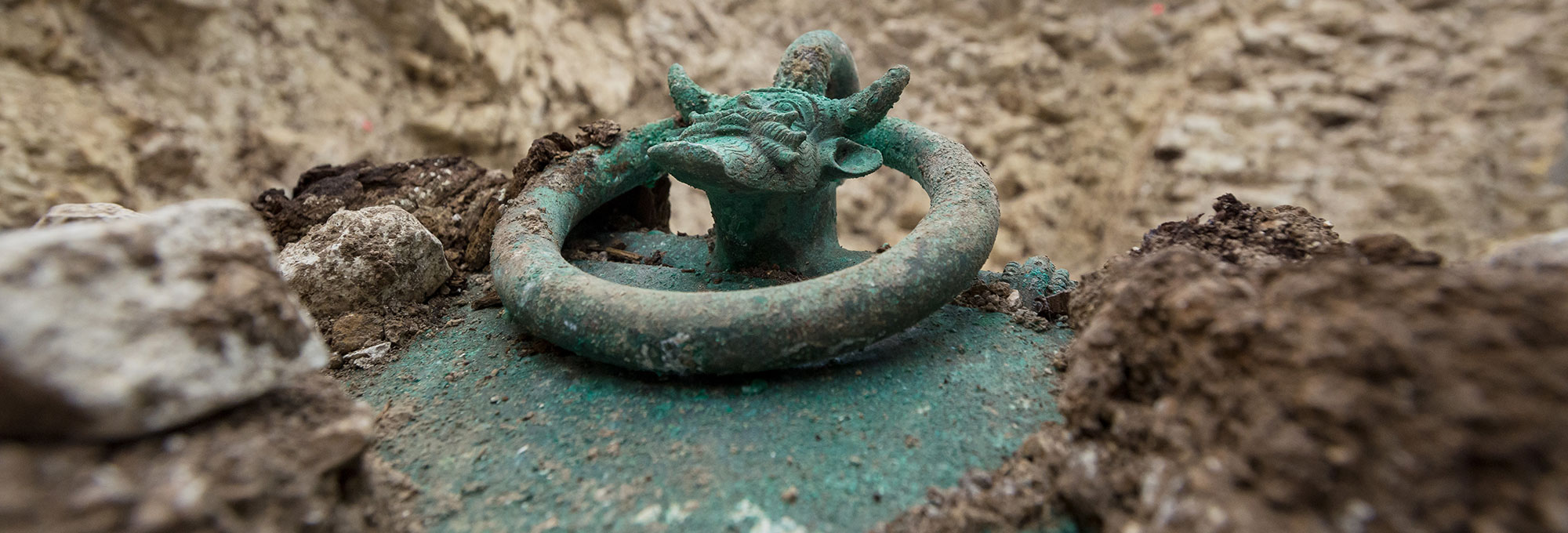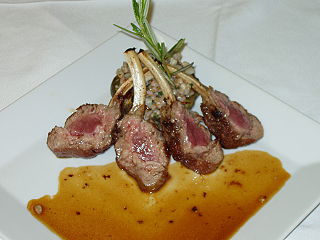
CAMBRIDGE, MASSACHUSETTS—A new study suggests that slicing, pounding, and eventually cooking meats and vegetables reduced the effort it took to chew them and the number of chews required per day by early humans. “Meat has a lot of nutrients, but it is also very elastic. You can think of it as being like a rubber band,” Katie Zink of Harvard University said in a press release. She gave volunteers raw, sliced, pounded, and cooked goat, and carrots, beets, yams, and other vegetables to chew until they would normally swallow, but then had the volunteers spit out the food. Zink then analyzed the food particles and found that smaller teeth are not adequate for consuming raw meat. “Eating meat and using stone tools to process food apparently made possible key reductions in the jaws, teeth, and chewing muscles that occurred during human evolution,” she explained. To read about Homo erectus, go to "Bon Voyage, Caveman."



